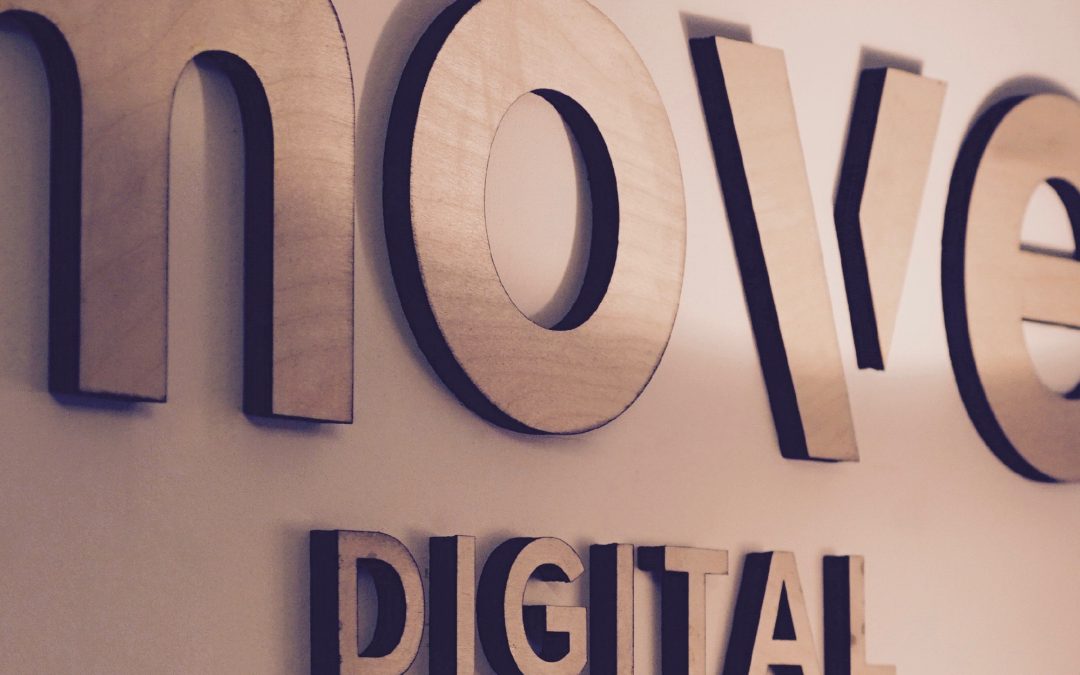If you work in a PR Agency , you should be offering all your clients Search Engine Optimisation as a standard part of your retainer. Why? Two reasons.
The first is that a business’s reputation and credibility is inextricably linked to its visibility in Google. As guardians of your clients’ reputations, you simply cannot afford to ignore this (relatively) new reality.
The second, PR companies are already pros at the most difficult aspect of Search Engine Optimisation – generating online press coverage – so it’s a service you can add to your offering with minimal effort.
These days opinions are formed on the internet, of which Google is the uncontested gatekeeper. If you’re in any doubt about how much influence Google has over internet traffic, just look at the stats. 75% of all internet traffic is directed via search engines, and 95% of those internet searches are on Google.
Such is Google’s dominance in this area that regulators, often fatally slow to catch up with digital, are panicking, and rightly so.
Now consider that less than 5% of users click beyond the first page of results and you start to get a picture of how essential ranking well on Google is for a business’ online visibility.
Average Click Through Rates of Google Ranking Position (credit: advancedwebranking.com)
Simply put, if you’re not appearing on page 1, you do not exist. You are invisible to the thousands of potential clients, investors and partners researching your industry. You are not at the table.
Meanwhile tech-savvy competitors are appearing in the results time after time, subconsciously asserting themselves as market leaders.
A sophisticated SEO strategy targets relevant decision makers at various stages in their search journey, using a combination of psychology and technical nous. The result of this positioning is enhanced digital credibility – which ultimately leads to more sales, investment, and strategic partnerships.
This is all very well, you’re probably thinking, but what does PR have to do with Search Engine Optimisation? To answer this, we have to take a quick look at Google’s backstory, well-versed folklore in the SEO world.
In 1996, Larry Page and Sergey Brin’s search engine – then named “BackRub” – was one of many in a thriving market with no clear leader.
However, their search engine had a key difference in its approach. This difference would prove decisive, eventually destroying the competition and propelling Google to the staggering global heights from which it peers down today. This difference was their use of ‘backlinks’ to determine which were the most relevant results to return to users.
Backlinks are incoming hyperlinks from one website to another (bear with me…). So, if a blogger published an article about your A.I startup, and included a hyperlink to the website, Google sees this as a signal your website is valuable. The more backlinks, the higher your website would appear in Google.
This initially proved a remarkably good way to separate the valuable content from the trash Google’s crawlers have to wade through.
However, during these early stages, Google gave the same weight to all backlinks, whether they were from your dad’s DIY blog or The New York Times.
This, naturally, resulted in intense gamification of the algorithm and created an entire industry based around what we call ‘black hat’ link building; websites stuffed with pages of links, dodgy ‘news sites’ offering links in exchange for hard cash, sophisticated software developed to spam corners of the web no human would ever lay eyes on – the internet was fast becoming a cesspool.
It has been a slow process, but Google’s Artificial Intelligence can now tell the difference between ‘good’ and ‘bad’ links, using an infinite number of complex signals which even Google’s top engineers likely no longer fully understand.
The result, which some SEOs might be reluctant to admit, is that virtually all the shortcuts to an effective backlink profile have disappeared, with little hope for the few that remain.
The only way to build links now is the ‘right’ way – links from trusted online news sites and blogs. These kinds of links require the networks and relationships which PRs are experts at fostering.
This has caused a shift in the skill set required of an effective SEO specialist. Once upon a time, anyone with decent technical know-how could get a site to the top of Google. Nowadays, you need real-life relationships with journalists and an ‘eye for content’, as well as all the technical stuff.
So, for any PR’s reading this, realise how you can leverage the work you already do to massively enhance your client offering (and retainer), with the help of a dedicated SEO specialist in your team.
Alternatively, ignore Search Engine Optimisation at your peril. Like it or not, Google has the power to make or break a business.
This may seem unfair, but look to the positives; Google is a level playing field which doesn’t care if you are a £1 billion- or £1 million-pound turnover company. The opportunity is to position your underdog clients above competitors ten times the size, breaking their dominance and reaping the potentially ludicrous rewards.
Will Bradley is an SEO specialist at Move Digital.


